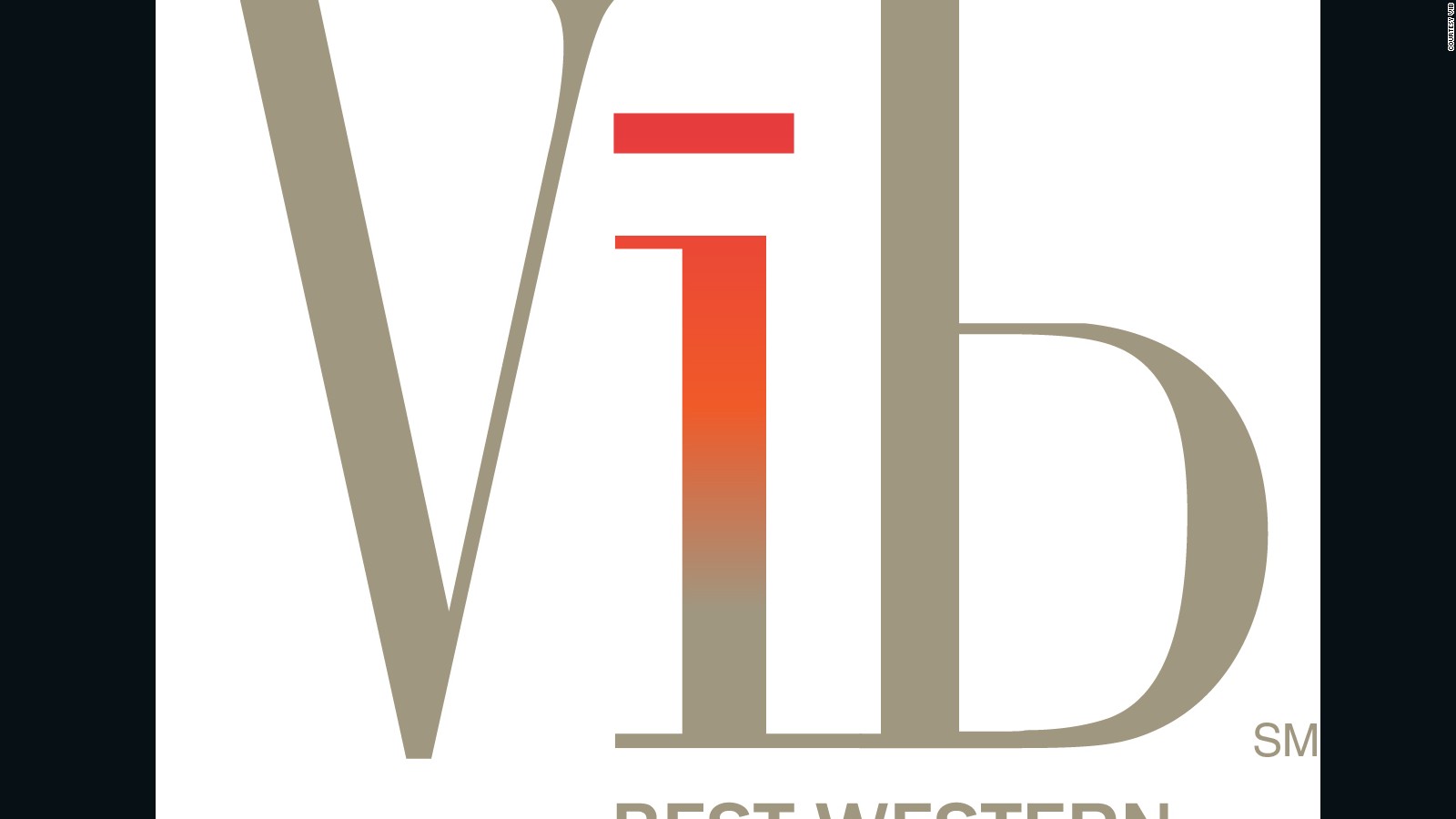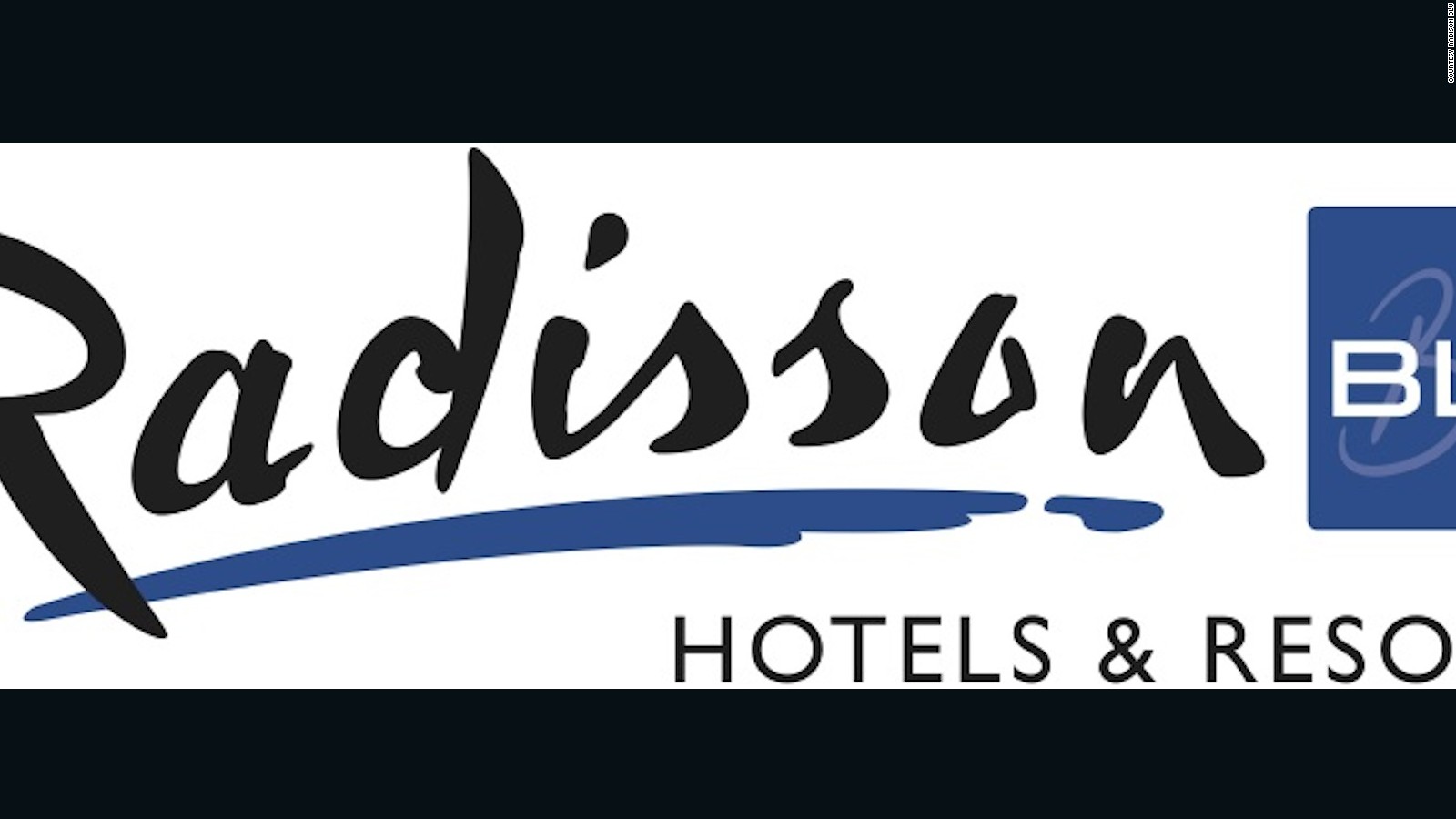It’s likely that the musical experience of most hotel employees doesn’t extend far beyond karaoke. Not the case for a certain Hungarian concierge, whose vast musical background strikes a special chord with guests.
 |
| Kornél Magyar (left) Shows Off the Aria Hotel Budapest's Bogányi Piano |
The music history of Budapest includes notables like Franz Liszt, Ernő Dohnányi, Zoltán Kodály, and Béla Bartók. Now, you can add the name Kornél Magyar to the list.
The multi-hyphenate music aficionado (stage musician/concert promoter/music editor) has been the musical director of the Aria Hotel Budapest by Library Hotel Collection since a month before it opened in 2015.
Drawing from a childhood surrounded by the sound of music (his parents were both musicians), and from more than 20 years of a mostly creative career across all aspects of music, Magyar oversees the Aria’s musical programming. He is responsible for curating the hotel’s music library, liaising partnerships with music venues, coordinating musical experiences for guests and managing the ambient audio in all common spaces.
Yep, he’s the guy who selects the background music in the lobby and the elevators.
But at the Aria, this music is most definitely not Muzak. The hotel is made up of four wings, each representing a different mode of music (opera, classic, jazz, contemporary). Each wing’s lift and hallway soundtrack corresponds to the motif. As for the lobby, Magyar says the music selection has to be more subtle. “It’s a delicate thing to choose that playlist. (For example,) for breakfast music, you don’t want anything too upbeat. It should be relaxing, but not typical elevator music… which is darn boring.”
Magyar was not looking to enter the world of hospitality when he first stumbled across the position on LinkedIn. “They needed a person who doesn’t know the boundaries within music, who understands music as a global phenomenon.” So, even though he had never worked in a hotel before, he knew “this position is the perfect match for me. I’ve been working in music professionally since 1997, and I was always interested in linguistics and speaking languages, so it’s a nice challenge to communicate about music in other languages than Hungarian.” Plus, he had traveled around the world discovering how music reflects regional cultures.
Now that he’s on staff, he’d love to focus on music 24/7. However, the fact is that the musical director role is only one part of his job. He’s basically a concierge-plus, with “not enough time to devote to musical endeavors. Yes, I book restaurants and guided tours for guests. But the reason why this is an extraordinary concierge job is my knowledge of concert events and musicians — nobody apart from me who can provide this information to guests. There are certain days where I exclusively focus on musical tasks. According to my experience, we have 15 to 20 percent of guests who are interested in music programs at a level like this. They are choosing us for a reason. They are willing to come to Budapest for a concert and then reside in the hotel with a musical focus.”
For example, one couple came from Austria to see a concert by Hans Zimmer. They asked Magyar to add to the evening by finding a restaurant and an after-hours club that would harmoniously complement the concert.
“Another delicacy for me,” says Magyar, is the unusual request. For example, an elderly gentleman wanted to surprise his girlfriend with a marriage proposal accompanied by a curated mix tape. “He was choreographing the proposal, and the music he wanted was everything from Sinead O’Connor to Chopin. I had to do research to find original recordings and edit it together. But the frightening part of the entire endeavor was that the music had to be triggered remotely once they entered their room, and we had no control over it from then on. It was a huge relief to see the next morning that they were smiling and the ring was on.”
 |
| Music Garden Courtyard at the Aria Hotel Budapest |
Among Magyar’s other major duties are creating background music for themed promotions in the hotel’s High Note Skybar; amassing a library of videos, DVDs and CDs for guests to borrow; and helping visitors tap into Budapest’s underground music scene. He particularly enjoys introducing guests to bohemian rhapsodies. “You cannot help noticing the gypsy subculture and how it is represented not only in folk, but in a unique flavor of the jazz scene,” says Magyar. “That gypsy heritage is only one color of our wide range of folk styles. The rich Hungarian folk traditions are best caught at a live Táncház (dance house).”
There’s also plenty of live entertainment at the Aria itself. The classic Bogányi piano in the Music Garden Courtyard gets played during the daily wine and cheese hour. Magyar is in charge of finding the pianists for the gig. “This has been one of the toughest and most surprising lessons as hotel music director — you can’t just invite the most knowledgeable musicians to play and let them make guests amazed. This is the farthest thing from reality. The hotel is not a stage for music.
“Guests are changing every two or three days with different expectations,” he added. “So, hiring isn’t necessarily finding the most skilled or those with highly-technical dexterity.” Instead, it’s about finding musicians who can pick up on the mood of the crowd, to improvise and understand “when they only need to play background music, or if there’s interest, to switch to a concert event or jam session.”
On those occasions when things get particularly lively, Magyar often cannot resist joining in. That said, he is more likely to be jamming on his blues harp than playing the piano. But every now and then, Magyar can be found tickling the ivories. After all, at heart, the guy is a musician, any way you spinet.
This story originally appeared on Skift, for which I am the luxury correspondent.















